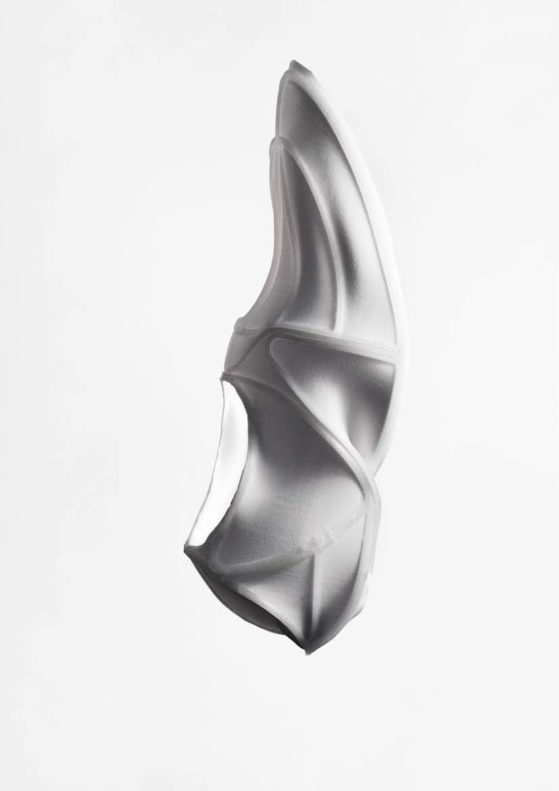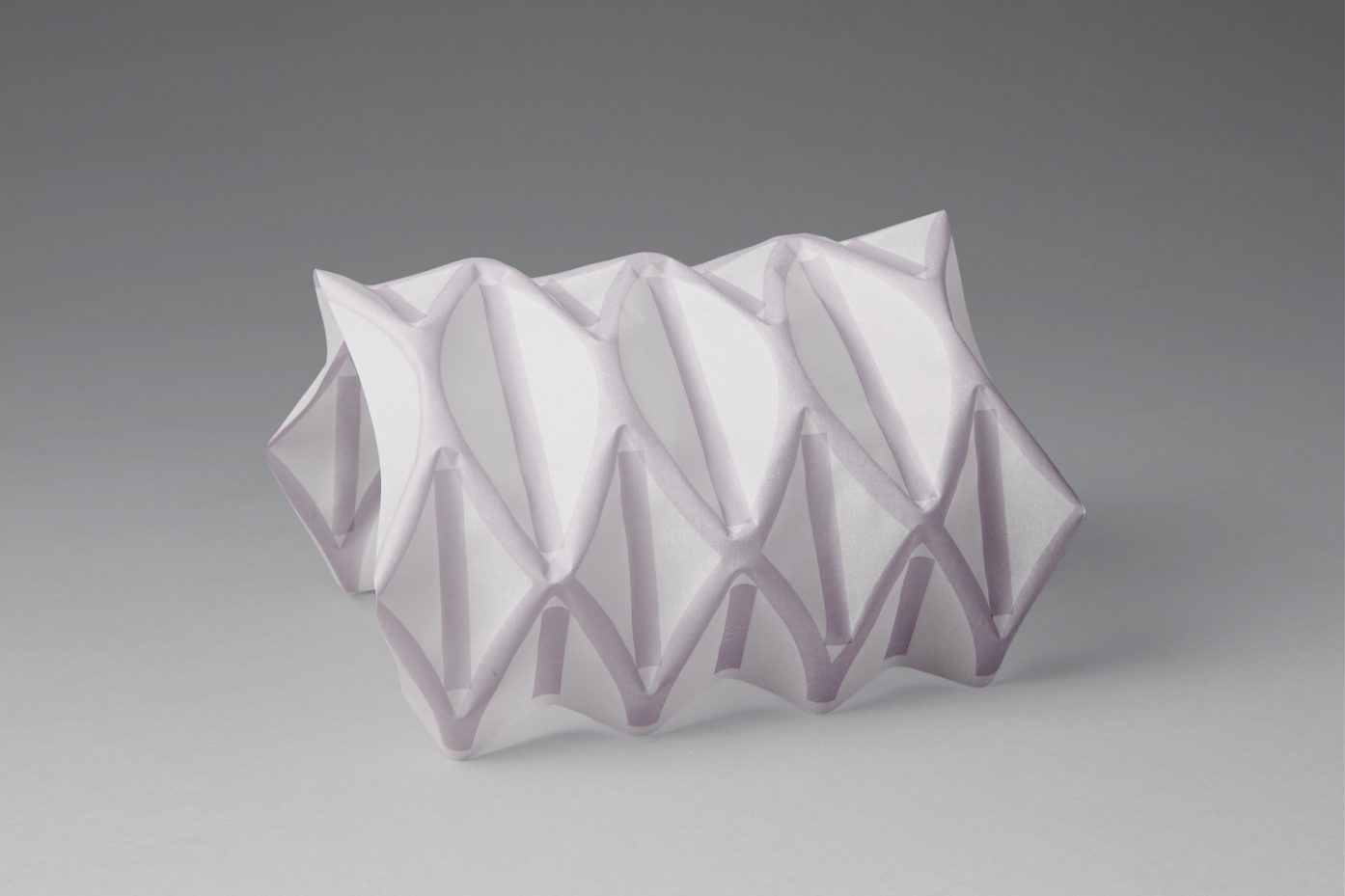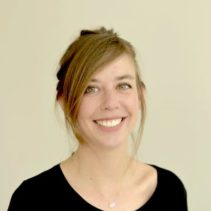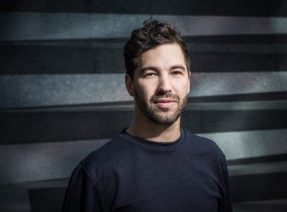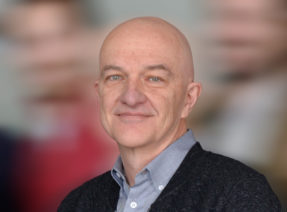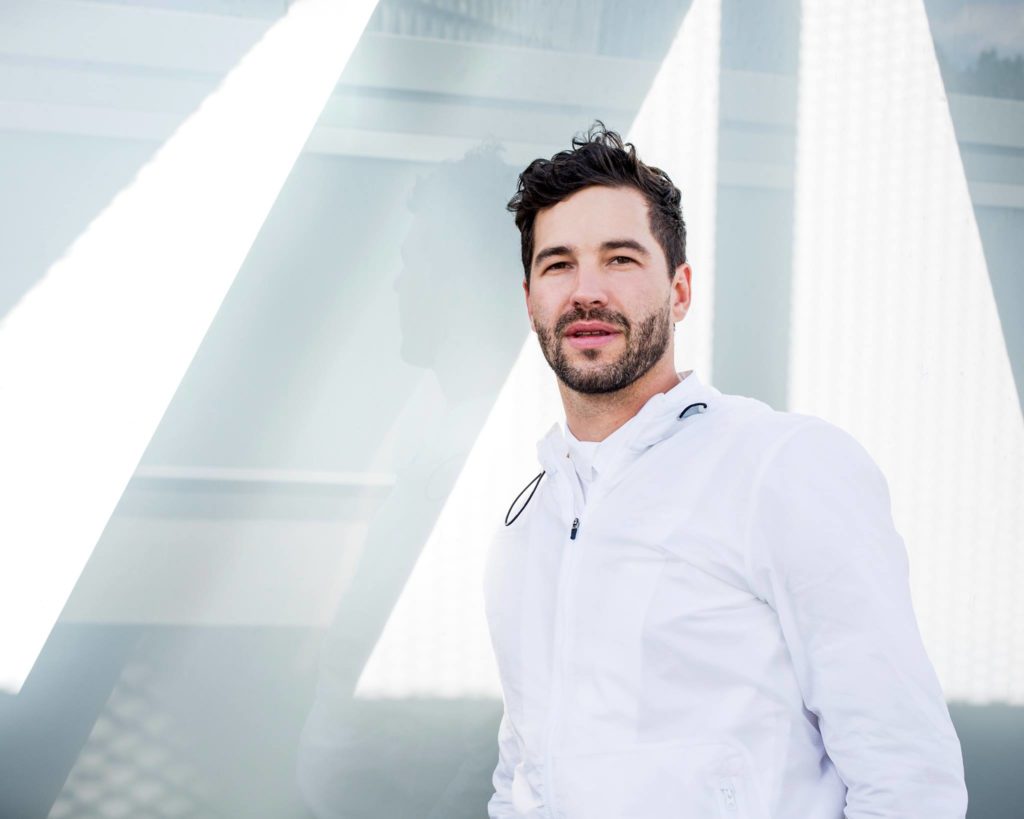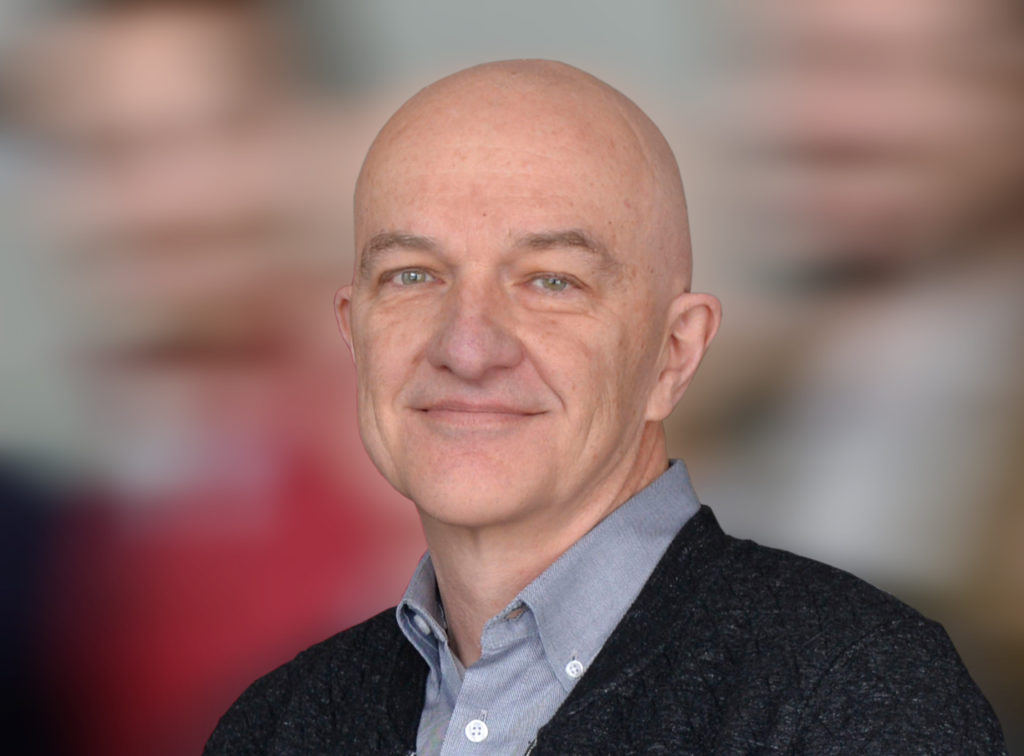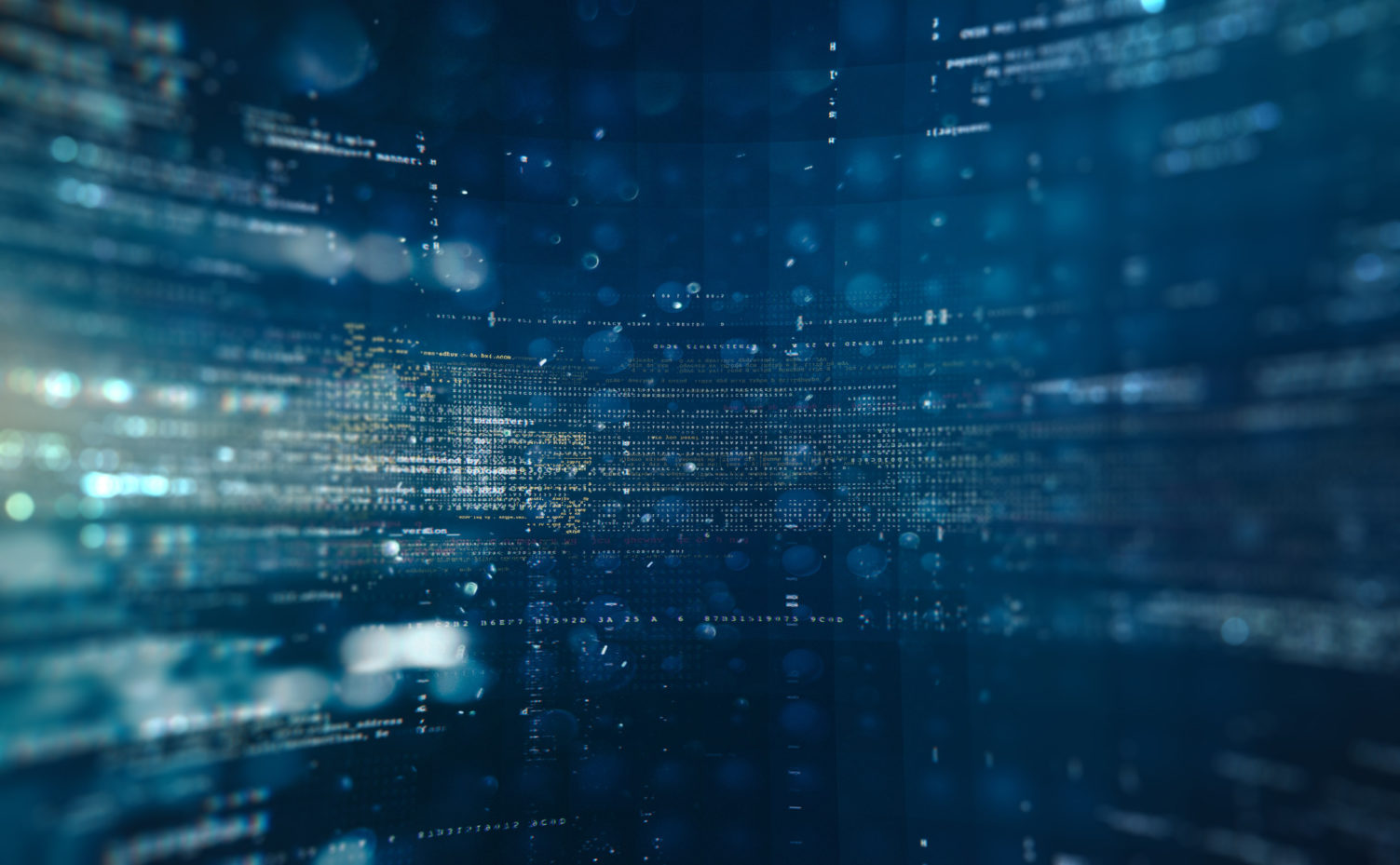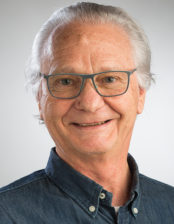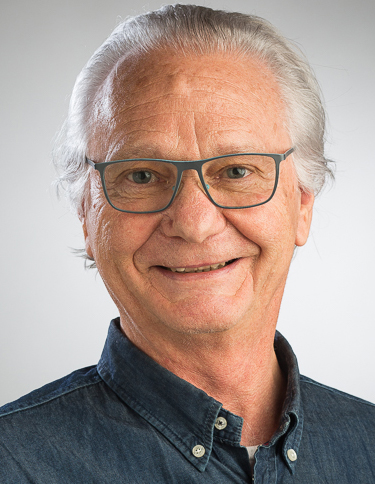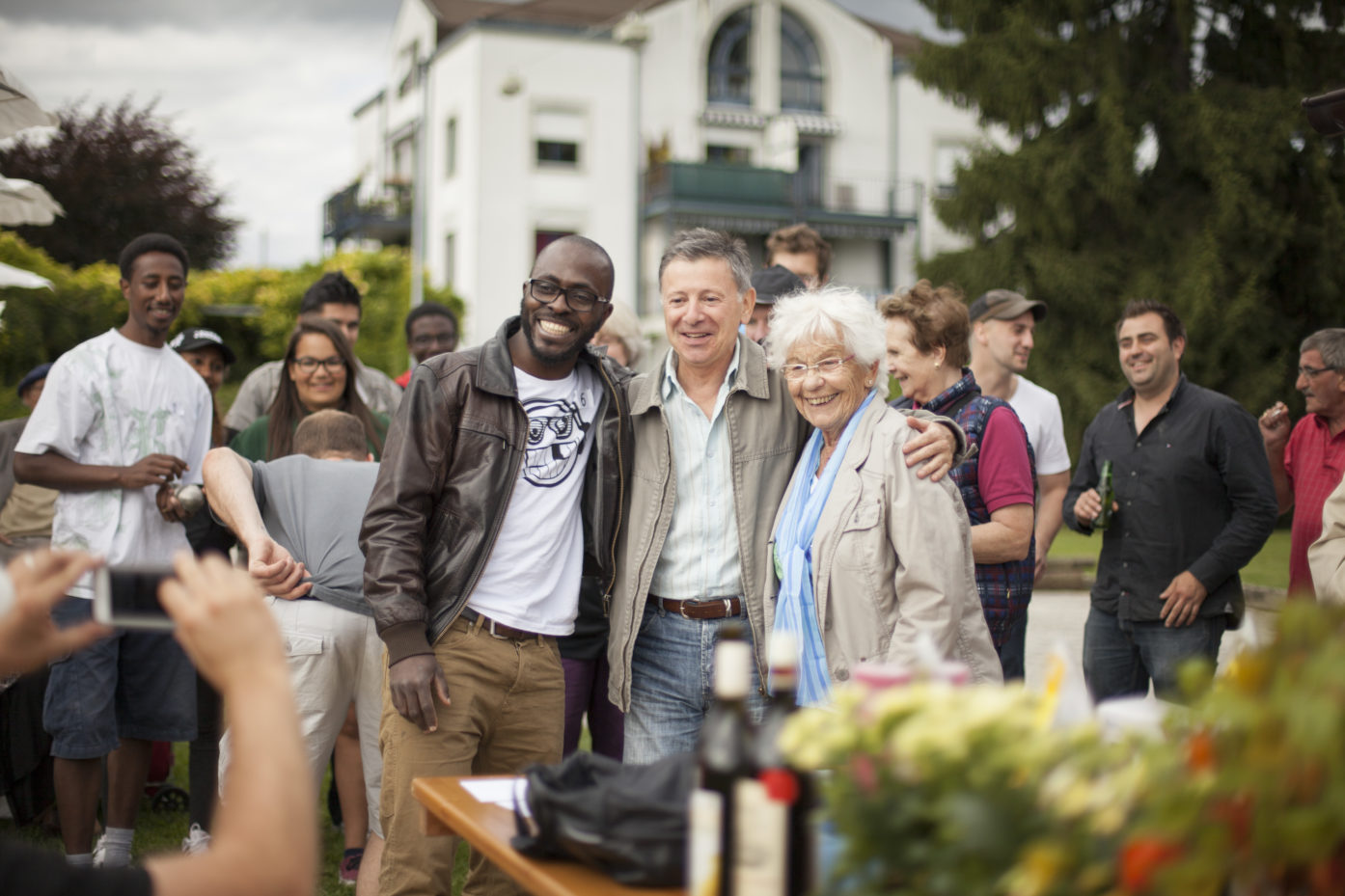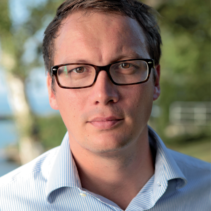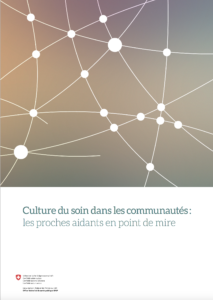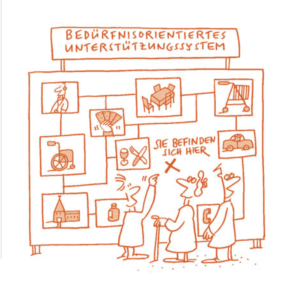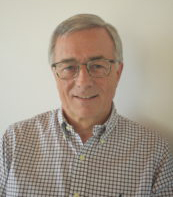Notes
1.
E. Schrodinger, My View of the World, 1954.
2.
W.-R. Zhang & F. Marchetti, « YinYang Bipolar Quantum
Geometry and Bipolar Quantum Superposition, Fractal
Geometry and Nonlinear Anal », in Med and Biol, 2015.
3.
W. Pauli, Physique moderne et philosophie. Paris :
Editions Albin Michel, 1999.
4.
C. A. Meier, Atom and Archetype : The Pauli/Jung Letters,
1932-1958. Princeton : Princeton University Press.
6.
F. Varela, « Le cerveau n’est pas un ordinateur », in La
Recherche, no 308, avril 1998.
7.
« The entire universe must, on a very accurate level, be
regarded as a single indivisible unit in which separate
parts appear as idealisations permissible only on a
classical level
of accuracy of description. This means that the view of
the world being analogous to a huge machine, the
predominant view from the sixteenth to nineteenth
centuries, is now shown to be only approximately correct.
The underlying structure of matter, however, is not
mechanical. This means that the term « quantum mechanics »
is very much a misnomer. It should, perhaps, be called «
quantum nonmechanics. », D. Bohm, Quantum Theory, 1951.
8.
« Although I think that life may be the result of an
accident, I do not think that of consciousness.
Consciousness cannot be accounted for in physical terms.
For consciousness is absolutely fundamental. It cannot be
accounted for in terms of anything else. » E. Schrodinger,
My View of the World.
9.
L’absence de perception sensorielle du monde quantique est
l’obstacle principal à sa compréhension. Même les
fondateurs de la physique quantique avouent qu’ils ont
bien du mal à la comprendre eux-mêmes !
• Niels Bohr : « If quantum mechanics hasn’t profoundly
shocked you, you haven’t understood it yet.»
• Richard Feynman : « If you think you understand quantum
mechanics, you don’t understand quantum mechanics. »
• Peter Atkins : « No other theory of the physical world
has caused such consternation as quantum theory, for no
other theory has so completely overthrown the
previously
cherished concepts of classical physics and our everyday
measure » (2004).
10.
M. Arndt, O. Nairz, J. Voss-Andreae, C. Keller, G. van der
Zouw & A. Zeilinger (14 octobre 1999). « Wave-particle
duality of C60 », in Nature, 401 (6754): 680-682.
11.
J. Belle (1964). « On the Einstein Podolsky Rosen Paradox
», in Physics, 1 (3): 195-200
12.
A. Aspect (15 octobre 1976). « Proposed experiment to test
the nonseparability of quantum mechanics », in Physical
Review D. 14 (8): 1944-1951.
13.
V. Salari, J. Tuszynski, M. Rahnama & G. Bernroider,
Plausibility of Quantum Coherent States in Biological
Systems, 2012.
14.
N. Lambert, Y.-N. Chen, Y.-C. Cheng, C.-M. Li, G.-Y. Chen
& F. Nori, Functional quantum biology in
photosynthesis and magnetoreception, 2012.
15.
H. Fröhlich, « Long-range coherence and energy storage in
biological systems », in Quantum Chem, 2:641-9, 1968.
16.
« Physics of life : The dawn of quantum biology », in
Nature, 474, 272-274 (2011).
17.
« Physics of life : The dawn of quantum biology », in
Nature, 474, 272-274 (2011).
18.
« Although I think that life may be the result of an
accident, I do not think that of consciousness.
Consciousness cannot be accounted for in physical terms.
For consciousness is absolutely fundamental. It cannot be
accounted for in terms of anything else », E. Schrodinger,
What is life ?, 1950.
19.
N. Lambert, Functional quantum biology in photosynthesis
and magnetoreception, 2012.
20.
P.J. Hore & H. Mouritsen, « The Radical-Pair Mechanism
of Magnetoreception », in Annual Review of Biophysics, 5
juillet 2016, 45: 299-344.
21.
C. Marletto et al., « Entanglement between living bacteria
and quantized light witnessed
by Rabi splitting », in Journal of physics communication,
10 octobre 2018.
22.
C. Tilmans-Cabiaux, « Effet placebo : la part de l’esprit
dans la guérison », in Une
prescription sur mesure. Louvain-la-Neuve : Presses
universitaires de Louvain, 2010.
23.
S. Lupasco, L’énergie et la matière vivante : antagonisme
constructeur et logique de
l’hétérogène.
24.
A. Korzybski, Science and Sanity : An Introduction to Non
Aristotelian Systems and General Semantics, 1933.
25.
E. C. G. Sudarshan & B. Misra, « The Zeno’s paradox in
quantum theory », in Journal of Mathematical Physics, 18
(4): 756-763, 1977.
26.
« Le langage quotidien est une partie de l’organisme
humain, et pas moins complexe que ce dernier », L.
Wittgenstein, Tractatus logico-philosophicum.
28.
T. J. Kaptchuk. Placebos without Deception : A Randomized
Controlled Trial in Irritable
Bowel Syndrome.
29.
The power of the placebo effect, Harvard Publishing,
Harvard Medical School, mai 2017.
30.
How the placebo effect may help you, Harvard Publishing,
Harvard Medical School, 2017.
31.
T. J. Kaptchuk & F. G. Miller, « Placebo Effects in
Medicine », in New England Journal of Medicine, 2015, 373.
32.
P. Lemoine, « Pharmacologie de l’âme ou le mystère du
placebo », communication
scientifique à l’Académie nationale de médecine française,
4 octobre 2011.
33.
S. Kam-Hansen et al., « Altered Placebo and Drug Labeling
Changes the Outcome of Episodic Migraine Attacks », in
Science Translational Medicine, 8 janvier 2014.
34.
R.-S. Wang et al., « Network analysis of the genomic basis
of the placebo effect », in JCI Insight, juin 2017.
35.
C. Linnman et al., « Molecular and functional PET-fMRI
measures of placebo analgesia in episodic migraine :
Preliminary findings », in NeuroImage : Clinical, novembre
2017.
36.
M. M. Makari et al., « Phantom Acupuncture Induces Placebo
Credibility and Vicarious Sensations : A Parallel fMRI
Study of Low Back Pain Patients », in Scientifics Reports,
janvier 2018.
37.
G. Greenberg, « What if the Placebo Effect Isn’t a Trick ?
», in The New York Times, novembre 2018.
38.
W. Heisenberg, « There is a fundamental error in
separating the parts from the whole, the mistake of
atomizing what should not be atomized. Unity and
complementarity constitute reality », in Physics from
Wholeness : Dynamical Totality as a Conceptual Foundation
for Physical Theories, B. Piechocinska (2005).

